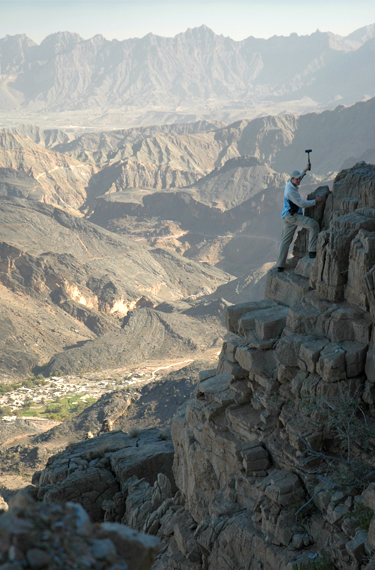


On the Master's degree programme in Geosciences, you study à la carte in four semesters: from the 37 modules offered in the elective area, you choose the ones that match your chosen specialisation.
Course content
The Master's degree programme in Geosciences contains only one compulsory module, which is a seminar on scientific work and the master thesis. All other modules are elective modules. Students can select modules among four specialisation topics:
- Soil/Water (Soil science, Distribution of Soil Units and Soil Use, Soil Pollution, Soil Processes and Modelling, Environmental Mineralogy, Hydrogeology and Water management)
- Sedimentary systems and tectonics (Neotectonics and Tectonic Geomorphology, Sedimentary Archives and Palaeoenvironmental Reconstruction)
- Applied geology and geophysics (Sedimentology, Deposits and Raw Materials, Geophysics, Engineering Geology, Numerical Modelling of Geological Processes) (most courses are held in German language)
- Mineralogy/Geochemistry (Soil Mineralogy, Isotope Geochemistry, Mineral deposits, Magmatic and Hydrothermal Processes, Crystal physics and spectroscopic analysis of minerals)
In addition, individual projects (with up to 21 credit points) and excursions can be chosen in each specialisation. It is also possible to attend courses from other degree programs that complement the geosciences programme (with a maximum of 20 credit points). The submission of a Master's thesis (with 30 credit points) completes the degree programme.
-
Qualification objectives
Competence profile of the Master's degree programme in Geosciences at Leibniz University
The Master's degree programme in Geosciences is research-oriented, continues the Bachelor's degree programme and thus serves to deepen both advanced technical and methodological-analytical skills.
The curricular structure of the degree programme is designed in such a way that it builds on the knowledge and skills acquired at Bachelor's level and significantly deepens and/or expands them. When imparting knowledge, great importance is attached to being able to both define and interpret the theories, special features, limits, terminology and doctrines of the chosen field of study.
The concept of the degree programme allows students to choose their own specialisation, which also corresponds to the research focus of the working groups involved in the degree programme. There is the option of studying one of four different specialisations (majors), which are then shown on the certificate:
- Soil/Water
- Sedimentary systems and tectonics
- Applied geology and geophysics
- Mineralogy/Geochemistry
In addition, the research priorities offer many opportunities to develop the ability, particularly required of geoscientists, to think across disciplines and in different scales and time periods (relationships between weathering, erosion, sedimentation, neotectonics, soil development, deposit formation, geodesy, GIS, geochemistry, petrology). The structure of the curriculum effectively supports the formation of specialisations in three ways: (1) the option of selecting relevant modules from the complete catalogue, (2) the option of selecting individually adapted project modules, (3) the option of tackling a suitable master's thesis in the respective specialisation. This concept offers students the opportunity to be integrated into a working group and the associated research focus relatively early on, which is extremely beneficial for the long-term impact of the training. In addition, students have practically no compulsory modules (with the exception of a seminar module) to take, and from the outset, in addition to acquiring the desired interdisciplinary knowledge, they can concentrate fully on their chosen geoscientific specialisation.
Overall, particular emphasis is placed on a high level of professional qualification in both the theoretical and practical areas of applied, analytical and technical methods, in order to optimally prepare graduates to work on issues in both the geoscience and materials science fields. Accordingly, graduates possess professional knowledge of their discipline, the methodological approaches and mutual relationships with neighbouring disciplines.
In addition, the modular structure of the curriculum enables the integrative teaching of key competencies. Self-organisation and social skills, in particular working in a team, are emphasised during the internships/Master's thesis. Through seminar work and writing the Master's thesis in an appropriate scientific environment, graduates are also able to work, document and communicate in scientific sub-disciplines. A broad deepening of knowledge through the free choice of specialisation options, specialisation in a geoscientific focus and entry into a research-oriented master's thesis form the basis for a professional geoscientific working foundation that also promotes the graduates' ability to work independently in the professional field.
Study modules and module catalogue
The degree course has a modular structure: Thematically and temporally related courses, such as lectures, seminars, experimental exercises or practicals, are combined into a module. The modules are allocated credit points (CP) in accordance with the European Credit Transfer System (ECTS).
Credit points reflect the average amount of time spent on attendance, self-study and exam preparation required to pass the module. One credit point is awarded for an average workload of 30 hours. As a rule, 30 CP are acquired in one semester.
The Master's degree program comprises a total of 120 credit points. You can freely combine compulsory elective modules or choose a specialization.
Geosciences (M. Sc.)
Detailed content and competence-oriented information on the individual courses of the degree program as well as information on compulsory and compulsory elective modules can be found in the current module catalog.
Semester organisation
Degree programme-specific regulations
Formalities and regulations
The regulations governing the course of a degree program and examinations are described in the examination regulations (PO) and are legally binding. The PO regulates the examination requirements and procedures. It specifies the modules in which examinations and coursework must be completed as well as the number and type of examinations.
It also contains specifications for the processing time for final theses. The PO specifies the information to be provided when registering for the examination, whether and, if so, which evidence is to be submitted, the deadline for repeat examinations and the procedure to be followed in the event of an examination failure.
Exams: Dates, registration and information
To complete a module, examinations must be taken during the course of study. As a rule, registration for examinations takes place online at the Academic Examinations Office during the registration period. The examination modalities can be found out via Stud.IP or directly from the examiners.
Consultancy services and contacts
Programme coordinator
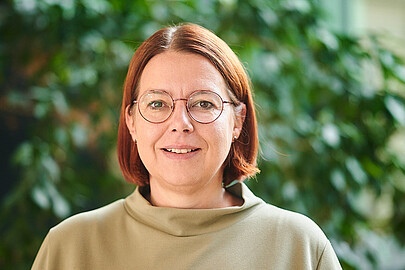
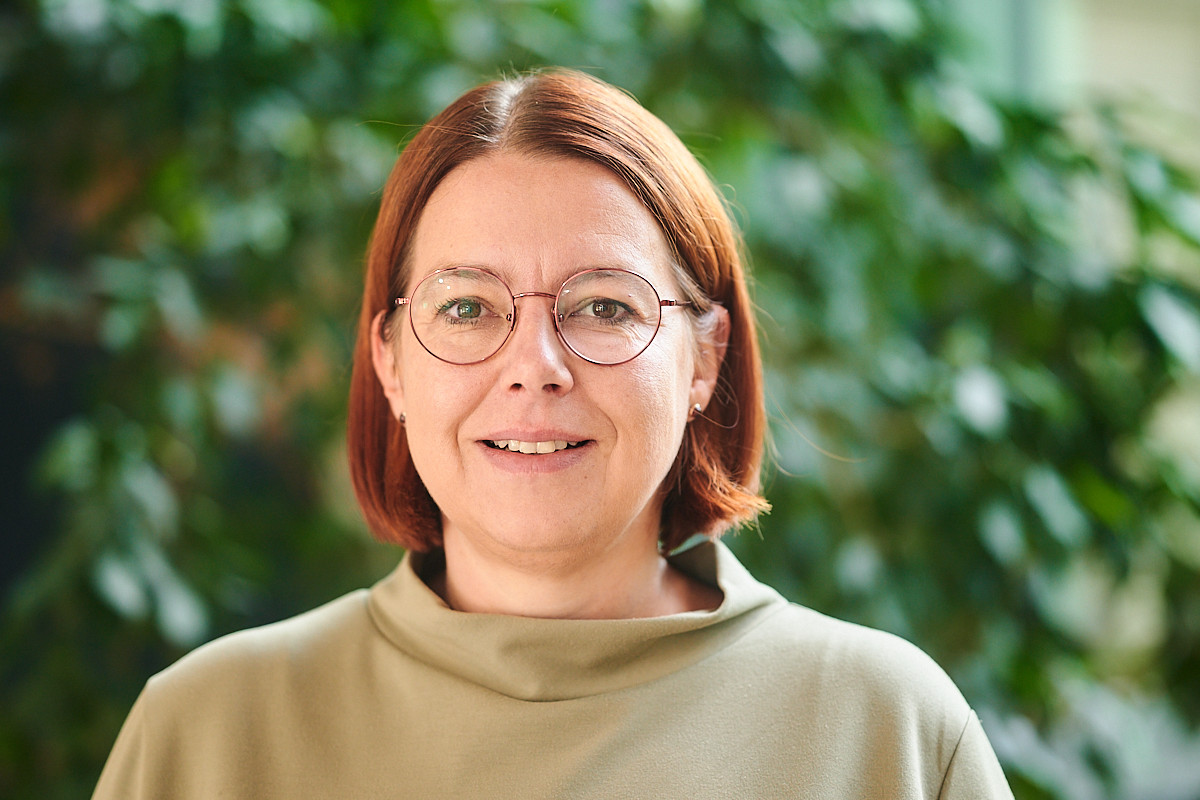
30419 Hannover
Thu. 13:00 - 14:00
and by appointment


Specialised counselling
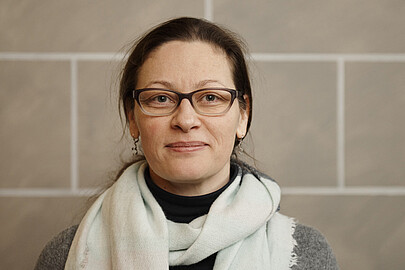
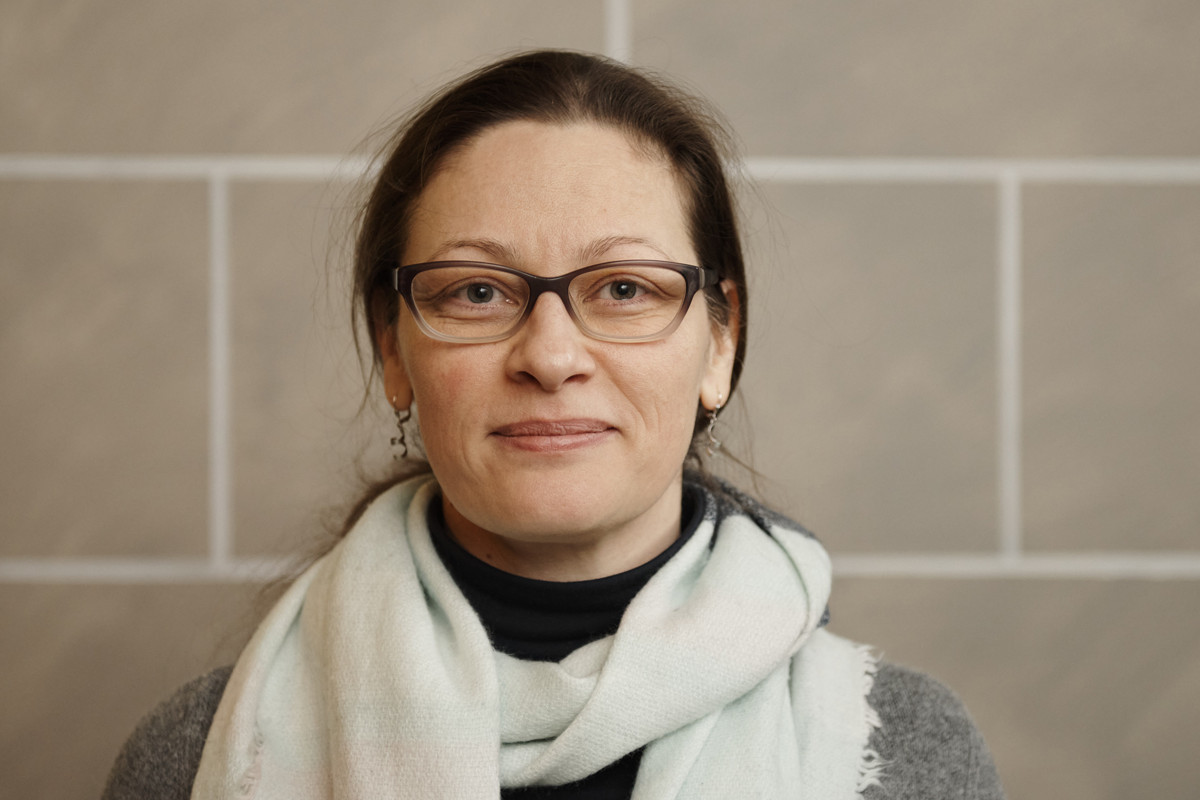
30167 Hannover




